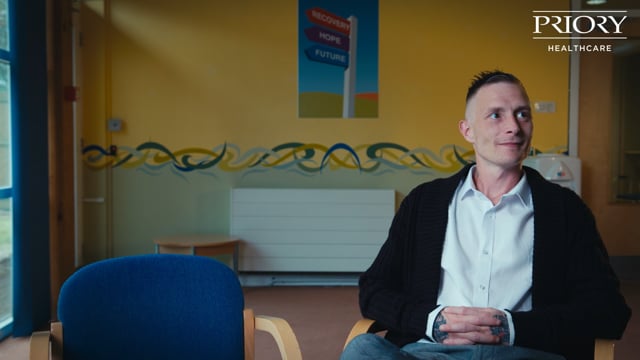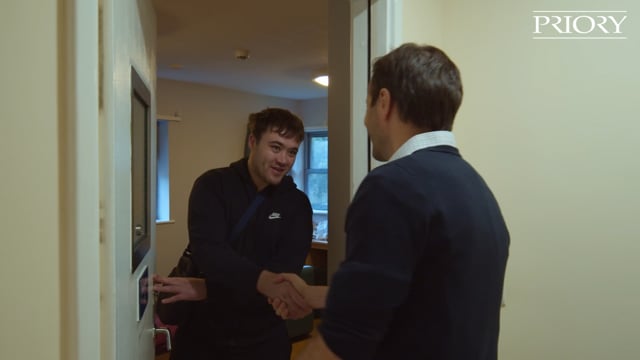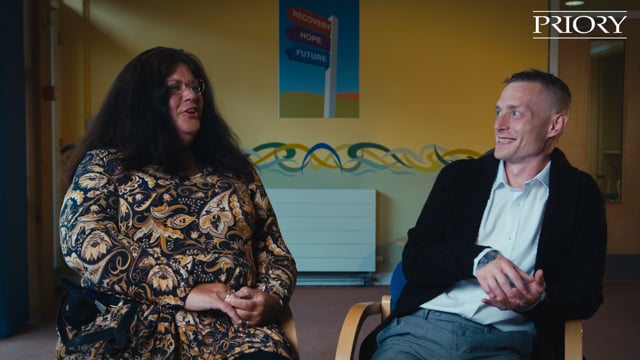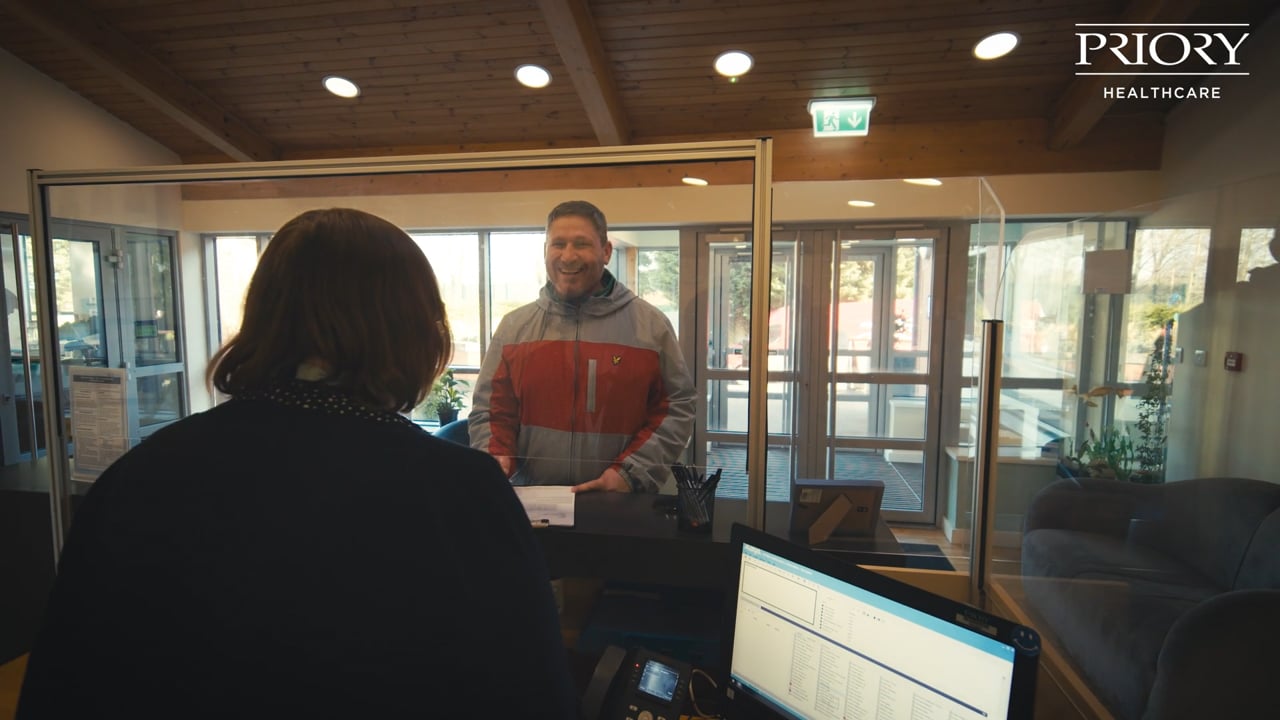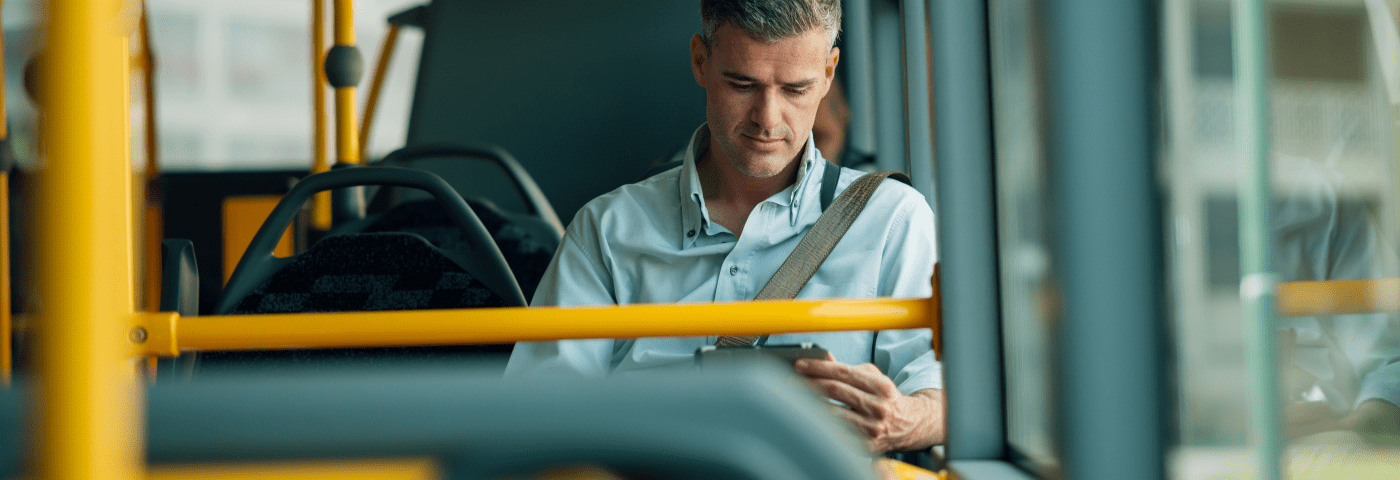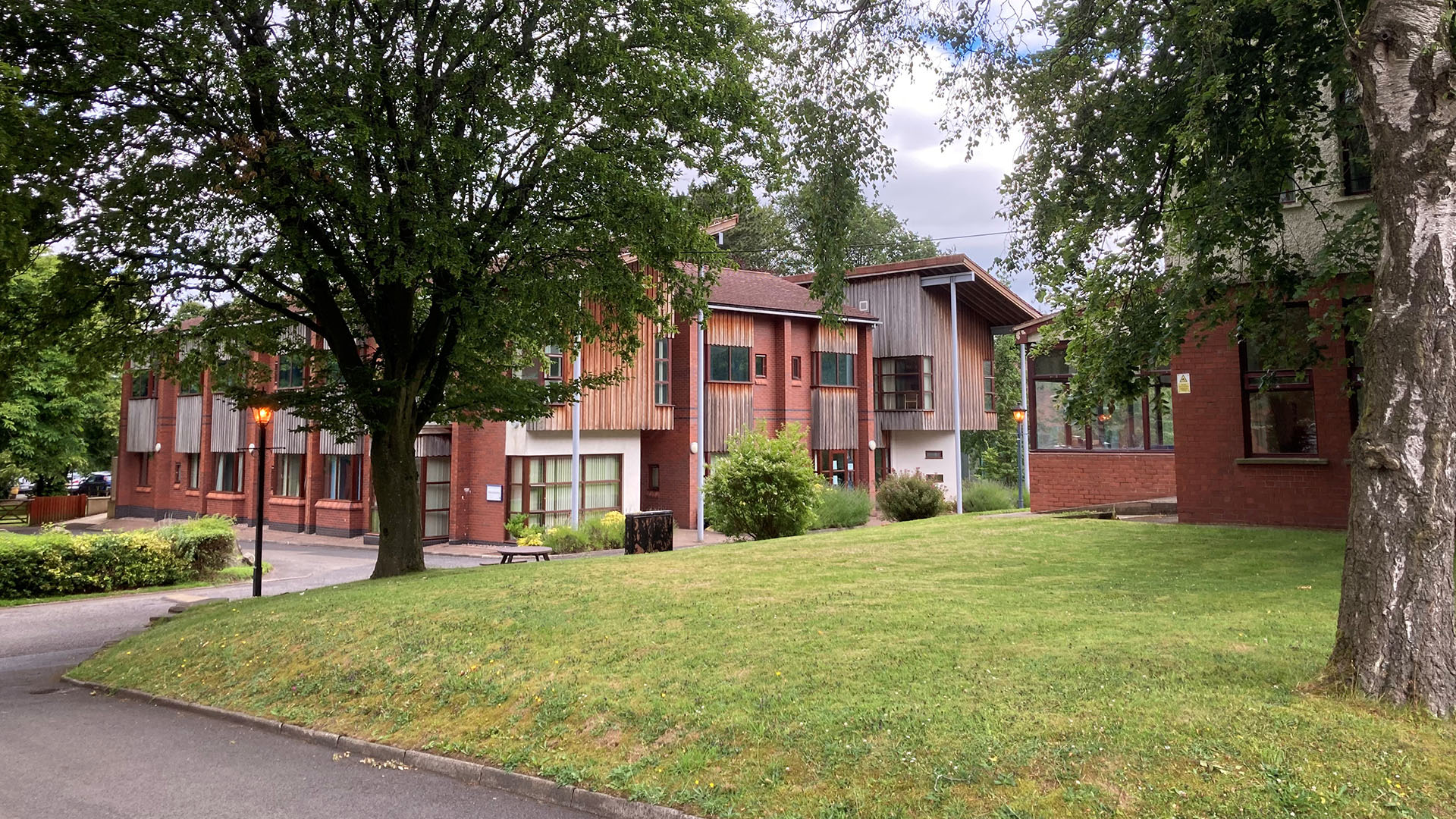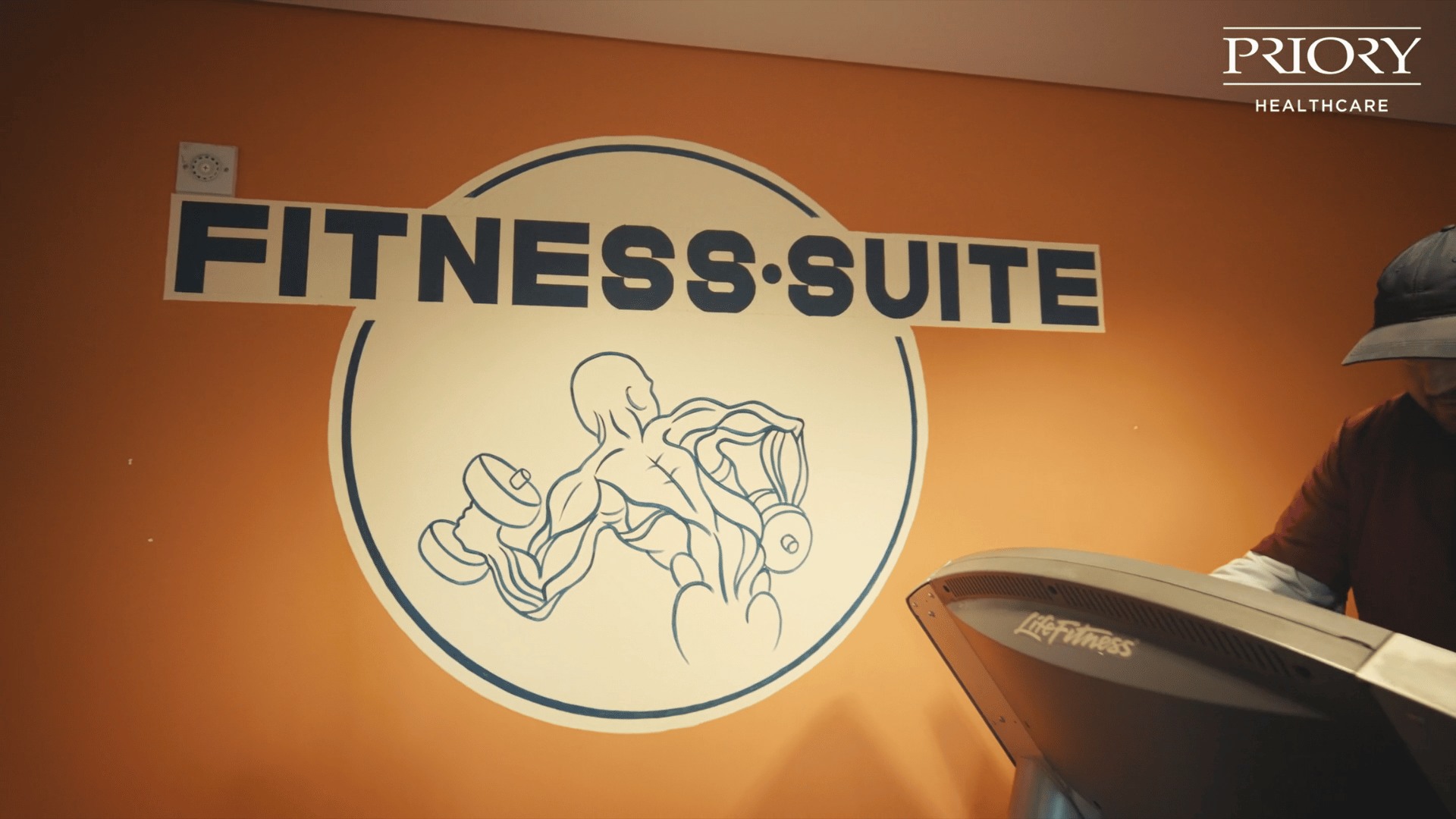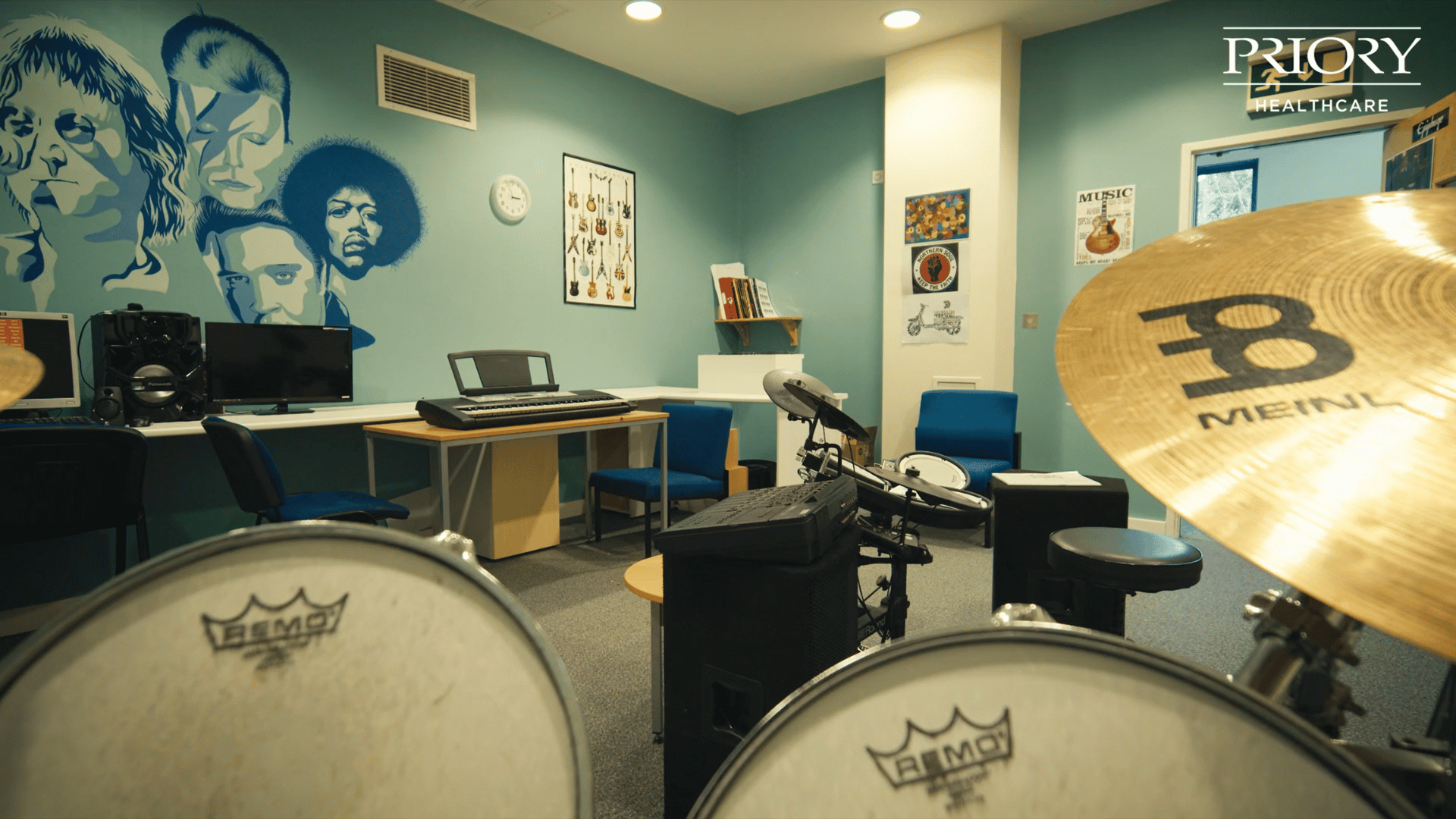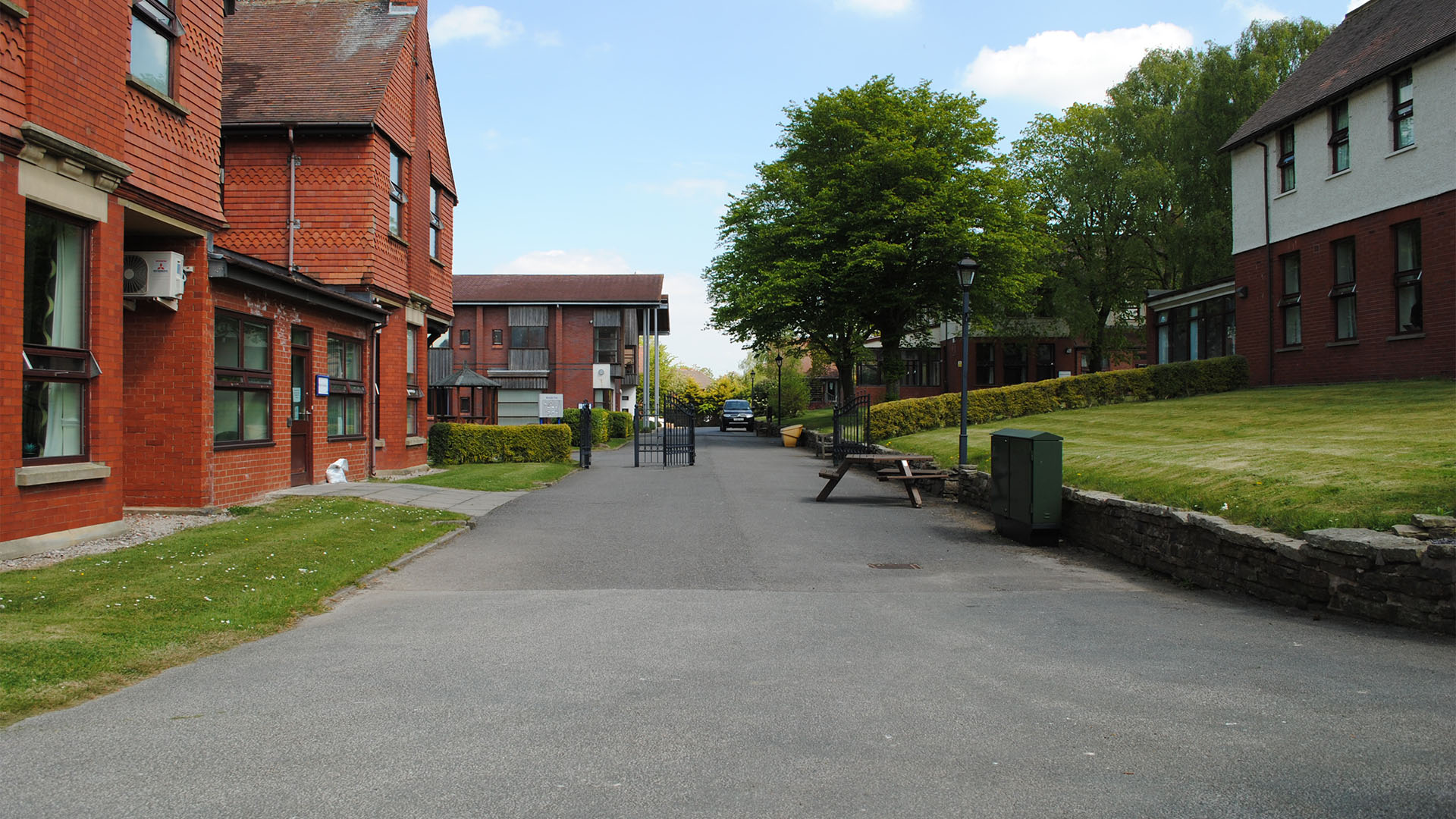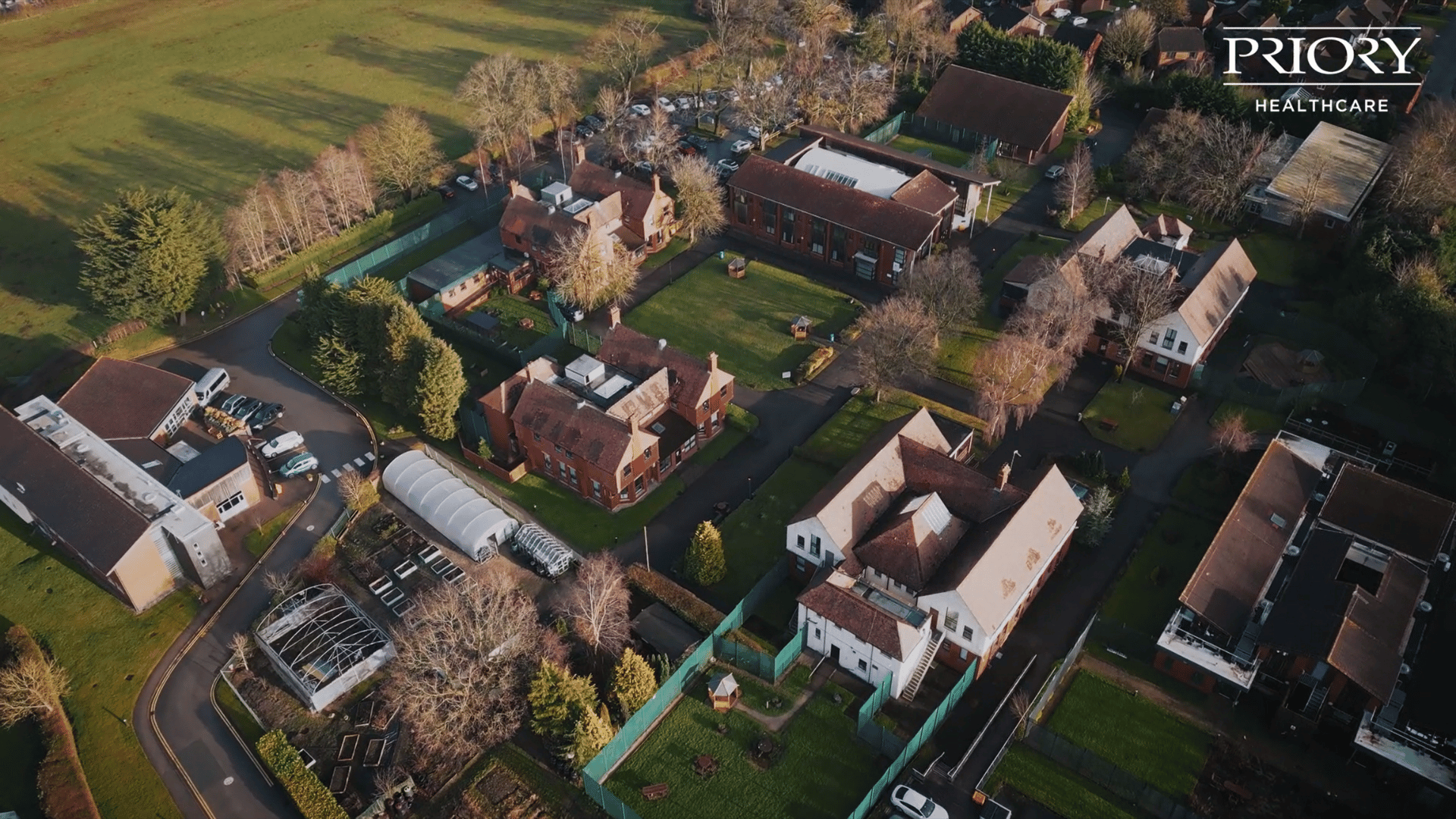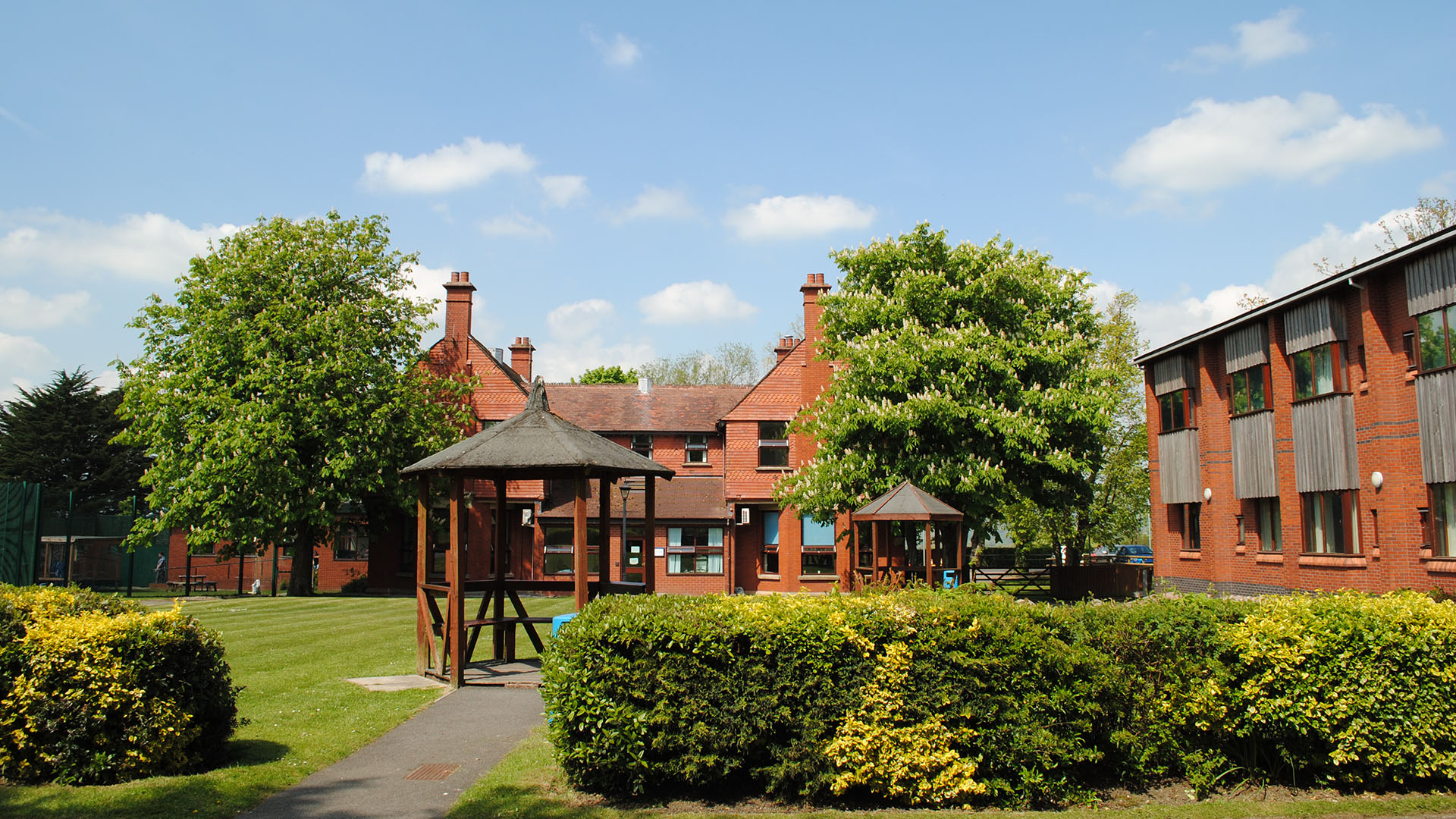About this location
Located in Blackburn, Lancashire, Priory Hospital Kemple View is a 90-bedded hospital, offering rehabilitation and recovery (R&R) and secure services for adult males. We can support people with a mental health condition and/or a personality disorder.
Services at a glance
Click here to enable this content
Services
Our comprehensive rehabilitation services provide support for people with complex mental health needs. We align our services with the recommendations of the Joint Commissioning Panel for Mental Health (JCPMH), ensuring our patients are given the highest quality care to enable an appropriate transition back home or into community services, wherever possible.
Ward break down
- Hawthorn Ward – 15-bedded high dependency rehabilitation and recovery ward for adult males
- Oakwood Ward – 19-bedded rehabilitation and recovery ward for adult males
Conditions treated
We can support people with the following:
- Personality disorders
- Bipolar disorder
- Autism
- Severe and enduring mental health needs
- Interpersonal difficulties
- Requiring high dependency rehabilitation
Treatment approaches
Kemple View’s individual bespoke services are all underpinned by a positive psychology approach, ensuring that all patients are supported to achieve their goals and to work on the things that are meaningful to them and their families. This takes place whilst addressing any difficulties that may be barriers to progress, promoting individual independence, autonomy and hope for their future.
Staff are trained in these techniques, and patients are supported with bespoke psychological interventions. Kemple View is aspiring to be trauma informed in all areas of our practice. The service aims to minimise re-traumatisation wherever possible and provide a safe, empowering, validating environment for all who come here.
Individualised trauma treatments are also available as part of the care and treatment provided to patients. There is a focus on occupation and the achievement of meaningful life goals. Patients are offered a wide range of occupational opportunities, including recovery and vocational activities, real work opportunities and skills training, via an active recovery college. Patient involvement is embedded in every part of our service, with active participation in service development, service management, security, staff training, staff recruitment, and of course food choice and quality checks. Real work opportunities include staff interviewer roles and for these, patients are able to attend training and build their CVs, to ensure recognition and demonstration of transferable skills.
Our range of bespoke and evidence-based therapies includes:
- Dialectical behaviour therapy (DBT)
- Cognitive behavioural therapy (CBT)
- Offence-focused interventions, for example, programmes that have been specifically developed to address aggression and sexual aggression
- Trauma-focused interventions, for example, eye movement desensitisation and reprocessing (EMDR) and compassion focused approaches
All therapy can be delivered in groups or on an individual basis. We also offer intervention pathways in relation to substance misuse, mental health awareness, interpersonal difficulties, emotional regulation and various offence-focused interventions. A lack of motivation and insight are specifically identified as a focus for therapy rather than a barrier to it.
We offer an evidence-based individualised treatment approach, including the holistic integrated treatment model for mental disorder and substance misuse.
Our team
Our team consists of:
- Nursing staff
- Healthcare staff
- Psychiatrist
- Psychologist
- Occupational therapist (OT)
- GP
- Social worker
- Maintenance team
- Integrated practitioners
- Practice nurse
- Physical health nurse
- Wellbeing coaches
- Access to a dietician
Therapeutic and community-based activities
We offer a range of therapeutic and community-based activities as part of a full treatment programme. We want to support people to become more confident and independent, preparing them to move through their treatment pathway towards community living.
Our therapeutic and community-based activities include:
- Promoting independence in personal care tasks
- Developing optimum competence in more complex tasks, such as managing a budget or engaging in all aspects of the vocational pathway
- Community-based voluntary experiences
- Paid on-site work
- Supported work and recreational activities
- Education
- Gardening
- Music
- IT
- Physical fitness and wellbeing
- Cooking
Our recovery team supports patients to develop the skills needed to live independently in the community and develop meaningful opportunities to participate in voluntary, charitable and community-based activities. We have created multiple partnerships with community organisations and facilities.
These therapeutic interventions are delivered using positive psychological approaches to ensure effective learning and behavioural change. Graded exposure work and community skills practice enables patients to generalise their learning into real-life community settings. This occurs in a framework of effectively assessed and managed risk, developing hope and optimism. Our recovery team supports patients to develop skills needed to live independently in the community and develop meaningful opportunities to participate in voluntary, charitable and community based activities. We have created multiple partnerships with community organisations and facilities. Engagement with these partnerships builds confidence for patients in a supportive way, and optimises opportunities for successful transition to community placements.
Our facilities and environment
We believe that the environment in which treatment takes place is just as important as the treatment itself, when it comes to supporting our patients. We provide:
Our bedrooms
All of our bedrooms are single-occupancy and some have an en-suite bathroom. Patients are encouraged to personalise their bedrooms while they are staying with us. We provide:
Exclusion profile
- People under the age of 18
- People with a primary diagnosis of a learning disability
- People with a primary diagnosis of substance misuse
Pathways
Priory’s network of high-quality facilities enables us to offer joined-up care pathways with our dedicated residential services. We offer programmes which integrate healthcare treatment and therapy, which are tailored according to individual needs, in an appropriate setting. Our strength is that we can provide a seamless transition for the individual as they progress between higher and lower dependency services.
At Priory Hospital Kemple View, we are in regular contact with our Priory Adult Care services and aim to facilitate transitions where appropriate.
Our secure services offer comprehensive support to people with complex mental health needs. We model our service provision on the NHS secure service specification for medium and low secure services, ensuring our patients are given the highest quality of care to enable quick and smooth transitions into local services, wherever possible. We are committed to delivering clinically effective, evidence-based treatment programmes for individuals who require secure care, providing both psychological and physical security.
Ward break down
- Elmhurst Ward – 19-bedded low secure ward for adult males
- Kenton Ward – 11-bedded low secure ward for adult males
- Wainwright Ward – 16-bedded low secure ward for adult males
- Arkwright Ward – 10-bedded low secure ward for males over the age of 50
Conditions treated
We can support people with the following challenges:
- Personality disorders
- Bipolar disorder
- Autism
- Severe and enduring mental health needs
- Interpersonal difficulties
Treatment approaches
Kemple View’s individual bespoke services are all underpinned by a positive psychology approach, ensuring that all patients are supported to achieve their goals and to work on the things that are meaningful to them and their families. This takes place whilst addressing any difficulties that may be barriers to progress, promoting individual independence, autonomy and hope for their future.
Staff are trained in these techniques, and patients are supported with bespoke psychological interventions. Kemple View is aspiring to be trauma informed in all areas of our practice. The service aims to minimise re-traumatisation wherever possible and provide a safe, empowering, validating environment for all who come here.
Individualised trauma treatments are also available as part of the care and treatment provided to patients. There is a focus on occupation and the achievement of meaningful life goals. Patients are offered a wide range of occupational opportunities, including recovery and vocational activities, real work opportunities and skills training, via an active recovery college. Patient involvement is embedded in every part of our service, with active participation in service development, service management, security, staff training, staff recruitment, and of course food choice and quality checks. Real work opportunities include staff interviewer roles and for these, patients are able to attend training and build their CVs, to ensure recognition and demonstration of transferable skills.
Our range of bespoke and evidence-based therapies includes:
- DBT
- CBT
- Offence-focused interventions, for example, programmes that have been specifically developed to address aggression and sexual aggression
- Trauma-focused interventions, for example, EMDR and compassion focused approaches
All therapy can be delivered in groups or on an individual basis. We also offer intervention pathways in relation to substance misuse, mental health awareness, interpersonal difficulties, emotional regulation and various offence-focused interventions. A lack of motivation and insight are specifically identified as a focus for therapy rather than a barrier to it.
We offer an evidence-based individualised treatment approach, including the holistic integrated treatment model for mental disorder and substance misuse.
People within our service tend to stay with us on a long-term basis.
Our team
- Nursing staff
- Healthcare staff
- Psychiatrist
- Psychologist
- OT
- GP
- Social worker
- Maintenance team
- Forensic psychologists
- Consultants
- Practice nurse
- Physical health and wellbeing coaches
- Access to a dietician
- Administration team
Therapeutic and community-based activities
We offer a range of therapeutic and community-based activities as part of a full treatment programme. We want to support people to become more confident and independent, preparing them to move through their treatment pathway towards community living.
Our therapeutic and community-based activities include:
- Promoting independence in personal care tasks
- Developing optimum competence in more complex tasks, such as managing a budget or engaging in all aspects of the vocational pathway
- Community-based voluntary experiences
- Paid on-site work
- Supported work and recreational activities
- Education sessions
- Gardening
- Music
- IT
- Physical fitness and wellbeing
- Cooking
Our recovery team supports patients to develop the skills needed to live independently in the community and develop meaningful opportunities to participate in voluntary, charitable and community-based activities. We have created multiple partnerships with community organisations and facilities.
These therapeutic interventions are delivered using positive psychological approaches to ensure effective learning and behavioural change. Graded exposure work and community skills practice enables patients to generalise their learning into real-life community settings. This occurs in a framework of effectively assessed and managed risk, developing hope and optimism. Our recovery team supports patients to develop skills needed to live independently in the community and develop meaningful opportunities to participate in voluntary, charitable and community based activities. We have created multiple partnerships with community organisations and facilities. Engagement with these partnerships builds confidence for patients in a supportive way, and optimises opportunities for successful transition to community placements.
Our facilities and environment
Our bedrooms
All of our bedrooms are single-occupancy and some have an en-suite bathroom. Patients are encouraged to personalise their bedrooms while they are staying with us. We provide:
Exclusion profile
- People under the age of 18
- People with a primary diagnosis of a learning disability
- People with a primary diagnosis of substance misuse
Pathways
Priory’s network of high-quality facilities enables us to offer joined-up care pathways with our dedicated residential services. We offer programmes which integrate healthcare treatment and therapy, which are tailored according to individual needs, in an appropriate setting. Our strength is that we can provide a seamless transition for the individual as they progress between higher and lower dependency services.
At Priory Hospital Kemple View, we are in regular contact with our Priory Adult Care services and aim to facilitate transitions where appropriate.
A message from our site leader

Kemple View is a safe place to work. We work under the least restrictive practice principles in relation to managing risk, to ensure our patients have a good quality of life
Kemple View site leader
Comments from our patients and their family and friends
This is the best I have been since starting my medication. I like it here
This is the best that we have seen our son for a long time
Information for family and friends
How do home visits work?
A home risk assessment is completed in order to assess the area, taking into consideration the layout of the home and surrounding area. Factors to consider include:
- Transportation and parking
- Absconsion
- Public interaction
- Children and vulnerable adults
- Alcohol or drugs
- Fires/arson
- Traffic
- Contraband items
- Access to toilets
- Slips and trips
- Mobile phone reception
- Animals in the home
- Infection control
- Risks associated with home-cooked food
- Conditions relating to Sexual Harm Prevention Orders (SHPOs)
Once the MDT have agreed that the conditions of the home are safe enough for visits, people can book home leave every 6 weeks (this can be flexible). Any arranged visits would be dependent on the family being able to facilitate the visits. The need for escorts is discussed and agreed by the MDT prior to home visits. The person must not present with any signs of deterioration or exhibit any potential risk behaviour, such as deliberate self-harm, within 24 hours prior to their visit. In the event that home visits cannot be facilitated, alternate venues will be considered for people to meet with their relatives.
What is your visitation policy?
Visiting letters are sent out to family and friends highlighting the conditions of visits for both adults and children attending site. The internal procedure for booking visits is also included, as well as contact details for the hospital and individual wards. A list of contraband items is also included to avoid any confusion. A courtesy call to family prior to sending out this information is beneficial as it gives family and friends the opportunity to ask any questions regarding the visiting policy.
Will I be involved and kept up to date with my loved one’s care and wellbeing?
On admission, people staying with us and their family and friends are contacted, with consent of the patient, in order to ascertain how often and by what method they want to be involved in the care and treatment of their relative. This allows the family to be as involved as they choose to be and helps to alleviate any feelings of guilt. Family members can attend ward rounds, care programme approach (CPA) meetings as well as other meetings. At CPAs and ward rounds, the care pathway is discussed and this allows family members to ask about treatment and time scales. Family members are invited to on-site carers events too and can attend presentations that discuss topics such as medication, meetings, substance misuse and leave. People staying with us may request their family and friends to attend any discharge meetings so they are given the opportunity to ask about what support is being made available to their relative when they return to community living.
Will my loved one be able to have a phone or call me?
Access to mobile phones is individually risk assessed. Each ward has a payphone that can be used to maintain contact with family and friends. For those not eligible for benefit payments, the hospital provides a token payment of £20.74. The ward staff can contact a number and transfer this to the ward payphone so people staying with us in receipt of this payment are not using their money to make calls.
What type of things are families expected to provide, and what is provided by the home?
We provide all furnishings and food on-site and encourage patients to individualise their space with their own artwork, décor and soft furnishings.
People staying with us are also provided with the following:
- Medication
- An allowance for rehab cooking
- An allowance of £20.74 if they are not eligible for Department of Work and Pension (DWP) benefits
- Washing detergent for clothing
Families can provide appropriate reading material, DVDs and games, clothing and snacks for their relatives.
What are the bedrooms like?
All of our bedrooms are furnished, and residents are supported to personalise them to suit their needs and wishes. They are all single person, en-suite rooms, with a hand wash bowl and toilet. Every room has a window and fitted cupboards for storage, a bed and side table. Housekeeping staff are allocated to each ward to support people to maintain their own rooms.
Are external doors kept locked?
All of our external doors are locked. However, every person staying with us will be individually assessed for any risks to see what security is needed.
What do service users eat and how do meal times work?
Three meals are provided daily, and there is a 4-week rolling menu. The menu includes a choice of hot meals, assorted sandwiches, assorted salads and jacket potatoes with different fillings.
For breakfast, patients have a choice of items, including cereal and toast, that we supply to each ward. For lunch and dinner, the kitchen provides hot food to each ward, served from a servery kitchen.
Each ward also has a rehabilitation kitchen where people can do some self-catering and can make meals for themselves.
How does laundry work?
On each of the wards there are washing machines and tumble dryers that people can use to wash their own clothes. The bedding and towels are sent to an external company to be laundered.
Is there anything they can’t bring or have?
We have a restricted and prohibited items list, which is reviewed and updated regularly. This can be seen on request. All patients, staff and visitors are entitled to expect that Kemple View will provide a safe and secure environment. The items on the list are there to prevent unintended or deliberate harm to patients, staff and visitors. We need to reduce the risk of absconsion, prohibit the use of illicit substances and avoid contravention of any legislation, policies or good practice requirements.
The following are items that are either unlawful, or pose an immediate threat to the safety and security of the site. Unauthorised items include:
- Personal bags, plastic bags, suitcases
- Illicit drugs, medicines, liquid soaps, whitening toothpaste, fitness or health supplements, dental floss
- Mobile phones
- Lighter fuel, matches
- Nicotine gum, spray, patches, inhalers
- Magnets, Blu Tack
- Media players, music cassettes, pen drives, photographic equipment
- PlayStations, Xbox, video games, iPads, Kindles
- Metal cutlery, metal drink containers, Pringles cans, vacuum flasks, tin foil, nail files, needles, sharp implements, scissors, shaving razors
- Power flex, rope, string/cord, tape of any kind, wire
- Weapons, toy guns, batons, handcuffs
- Tools of any kind
- Glass, any kind of pottery
- Food and drink (unless agreed prior to visit – however, no home-cooked foods)
- Any kind of tobacco or alcohol
- Personal keys, including car keys and house keys. They should be stored in the lockers provided
- Pornographic materials
- Batteries or re-chargeable batteries
The following items may be permitted but only with the permission of the head of patient safety and security, or a senior hospital manager. The agreement must be obtained prior to the visit.
- Hold-alls or trolleys may be required by professional visitors to transport essential treatment equipment, however, all items listed above must be removed and stored in a locker
- Laptops
- Animals, if a guide or hearing dog is required as part of a visit
Any unauthorised items carried when visiting must not be taken into the secure complex. Lockers are provided to store such items. All visitors will be required to sign a further declaration on arrival.
If you are visiting site, you must ensure that your vehicle is safe and secure. You must never leave the engine running or the vehicle unattended while unlocked, and you must adhere to the site’s speed limits.
If there is an indication of a visitor breaching or attempting to breach the policy, this will result in a review of future visits and restrictions may be imposed. In certain cases, for example, if there is an attempt to introduce illicit drugs, the police will also be contacted.
Are pets allowed?
This would be individually risk assessed for the patient, and the care and safety of the animal and other patients.
How do activities work?
On admission, everyone meets with their ward’s OT to discuss their interests and hobbies, and an initial assessment is completed. A timetable is completed and they are provided with information about how to book onto activities and when open sessions are made available. A GP appointment for a fitness review is completed before any sports activities are undertaken.
Do service users and families have an input into the service user’s care plans?
All of the people staying with us and their families/friends are invited to attend ward rounds and CPA meeting, if there is consent. Families often share important information with nursing staff and social workers to inform some of their relative’s care plans.
What are the car parking facilities?
There are two large car parks available on-site, and allocated visitor and disabled parking bays directly outside reception.
What is the smoking policy? Can service users buy cigarettes?
Kemple View operates a strictly ‘no smoking’ policy on-site for people staying with us, staff and visitors. People can purchase their own cigarettes and smoke when they are on community leave. Cigarettes and lighters/matches are handed back to staff on return from unescorted leave. E-cigarettes can be purchased either from site or by the patients themselves and can be used in the grounds and in the ward garden areas.
How is treatment accessed and funded?
We don’t take referrals directly from individuals and families. Instead, the first step will be for you to reach out to the person’s GP so that they can be referred and funded through the correct NHS channel. Depending on the type of support needed, this could include local authority funding, NHS funding, joint funding between the local authority and NHS, or direct payments. Please note, referrals for NHS or local authority funded services must come from a referring organisation.
How to make a referral
Our customer service centre provides 24/7 support for NHS mental health enquiries and referrals. Our customer referral co-ordinators can support you from your first call right through to the enquiry conclusion, providing updates throughout the process. We offer 24/7 crisis referrals, fast access to bed availability and placements, and a single access point for end-to-end enquiry management.













